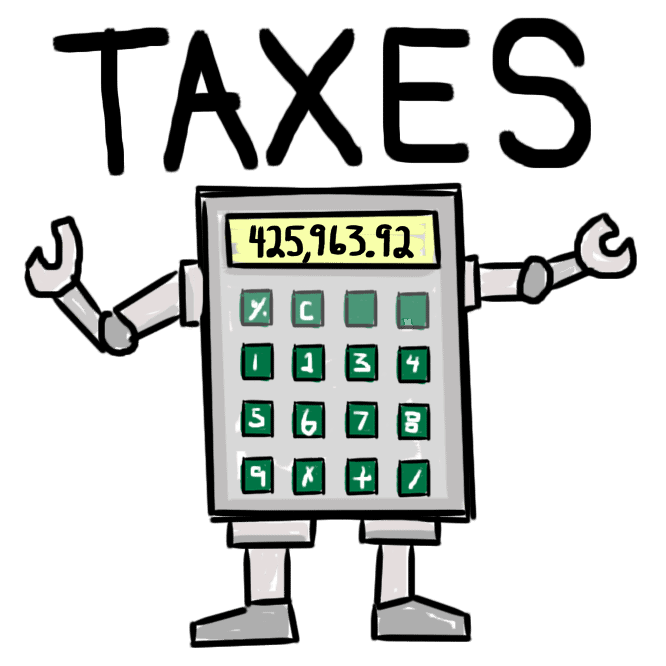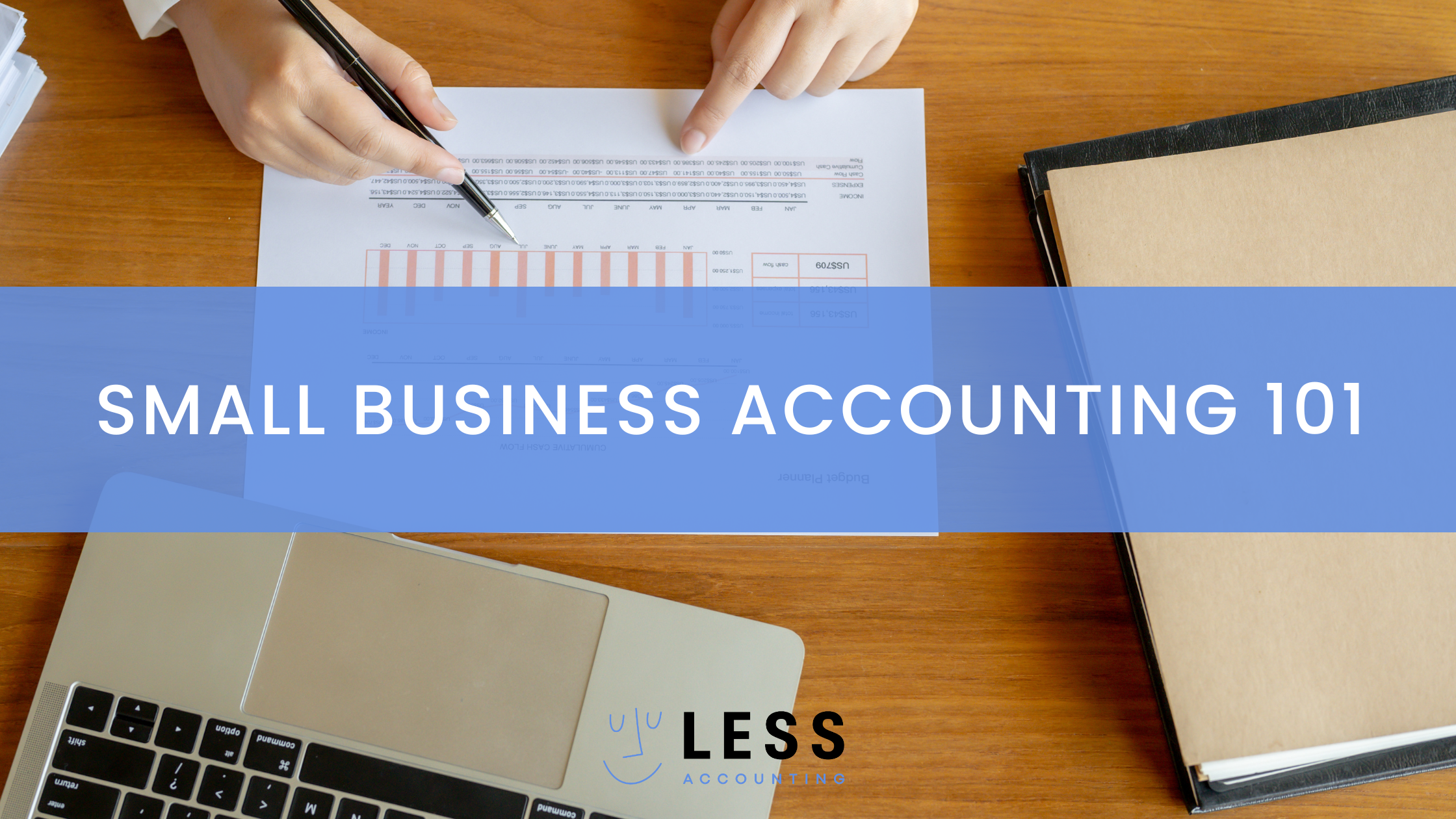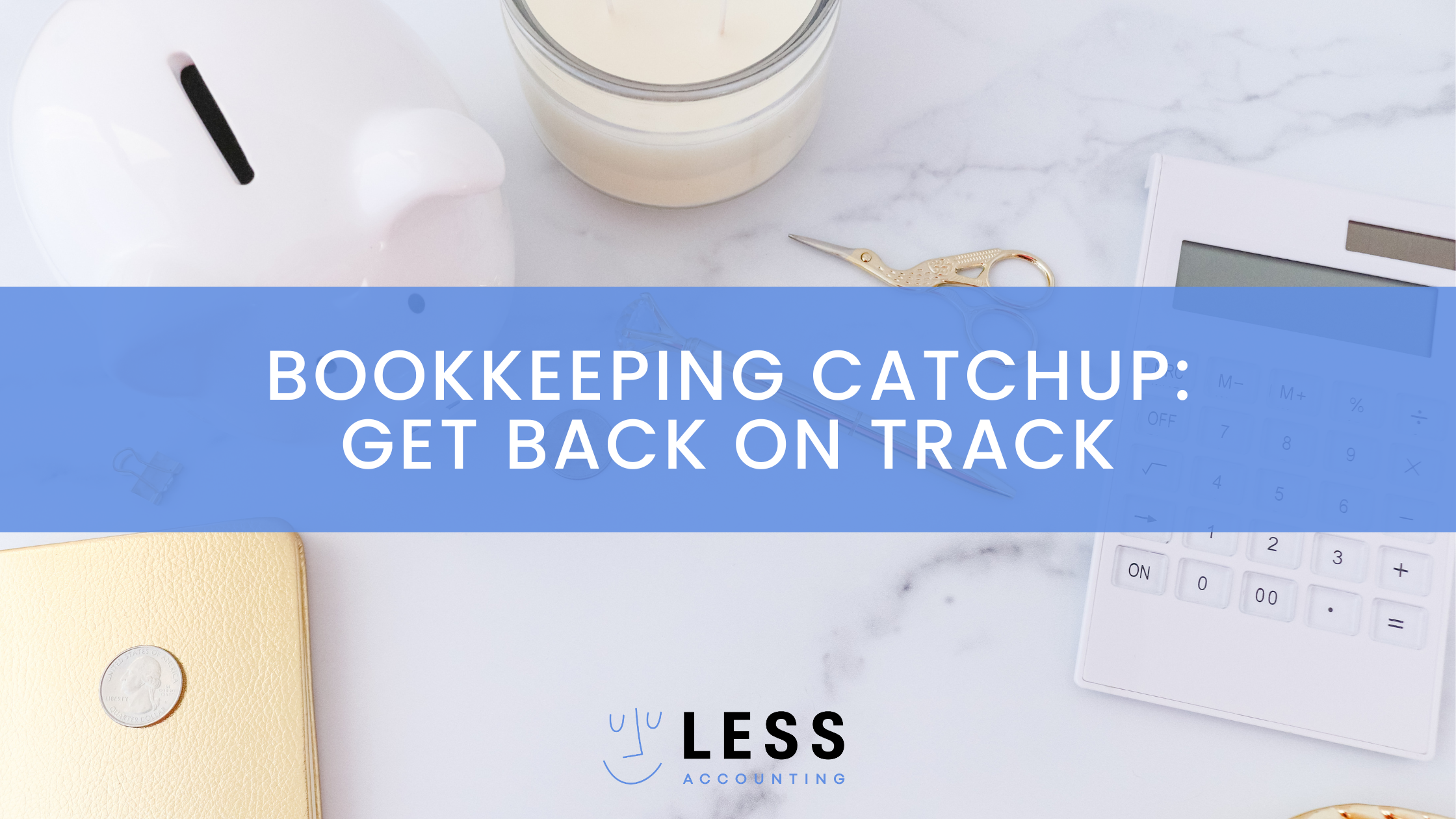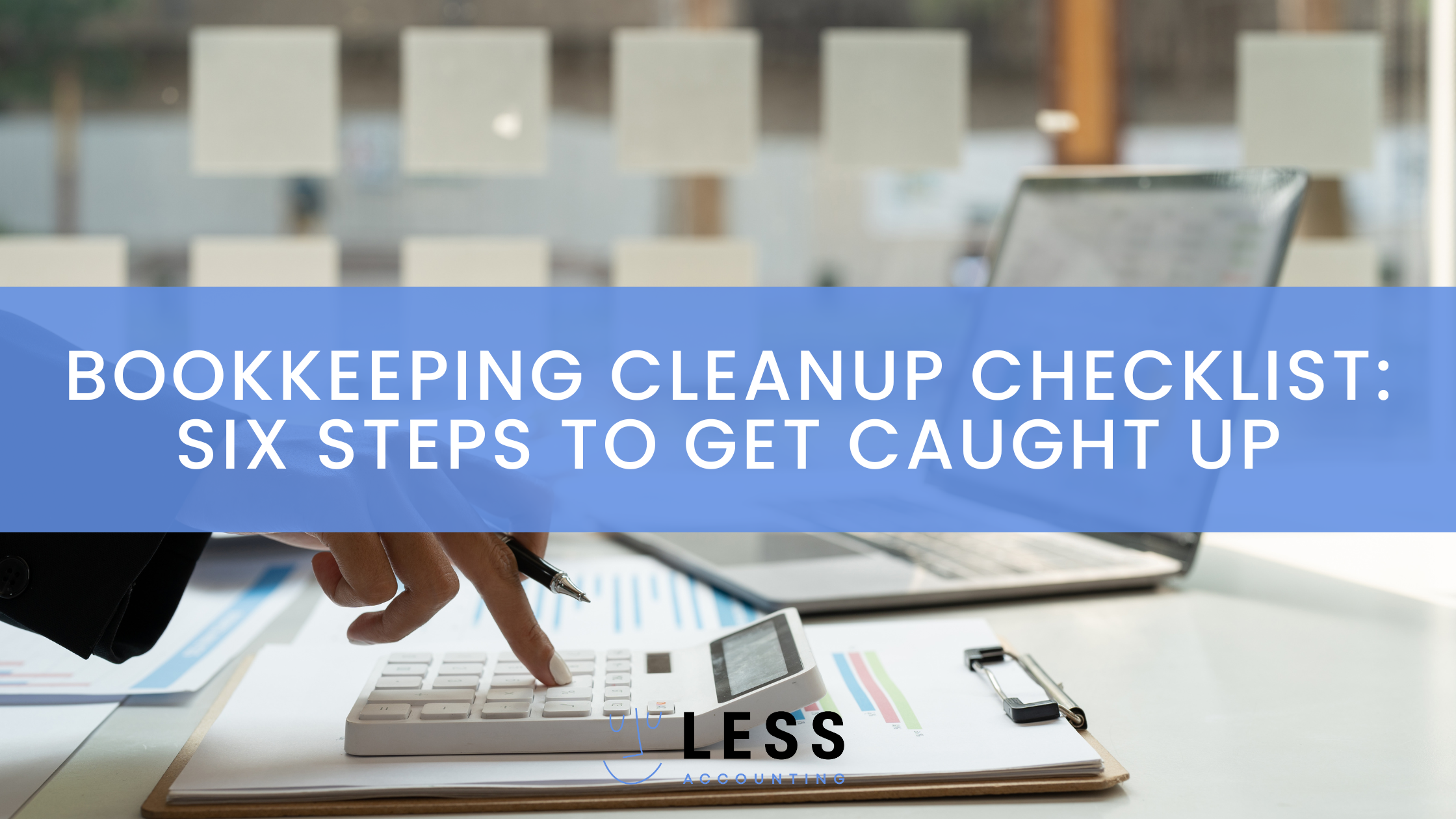Easy Estimated Taxes for 2013

What are estimated taxes?
Estimated taxes are taxes paid on income that is not subject to withholding. In other words, any income that hasn’t already had taxes automatically deducted.
- If you’re someone else’s employee and get regular checks, you’ll notice that a portion of your wages is taken out or withheld for taxes. That means your employer has done the work for you: Figured out your taxes and sent them along to the IRS in your name. I can appreciate that now, but I still remember getting my first paycheck when I was in high school and thinking my boss ripped me off. I learned about taxes pretty early on.
- If you’re self-employed though, it’s unlikely that you withhold money every time you pay yourself. Similarly, if you’re a contractor, your earnings typically won’t have any taxes withheld. That’s where estimated taxes come in.
Who exactly has to pay estimated taxes?
Right from the IRS.gov website:
- If you are filing as a sole proprietor, partner, S corporation shareholder, and/or a self-employed individual, you generally have to make estimated tax payments if you expect to owe tax of $1,000 or more when you file your return.
- If you are filing as a corporation you generally have to make estimated tax payments for your corporation if you expect it to owe tax of $500 or more when you file its return.”
How I do estimate my taxes?
You will need to estimate your annual earnings in order to estimate your quarterly taxes. Review your tax return from last year to see how much you made and how much you paid in taxes. This is a good starting point. Then, fill out the Estimated Tax Worksheet on page 7 of Form 1040-ES. You can download a copy from the IRS official site.
When are estimated taxes due?
Below is the schedule of due dates and what months that payment should cover. You’ll notice that estimated taxes due on January 15th are for incoming made in the previous year.
- January 15 = Covers September 1 – December 31 of the PREVIOUS year
- April 15 = Covers Jan 1 – March 31 of the current year
- June 15 = Covers April 1 – May 31 of the current year
- September 15 = Covers June 1 – August 31 of the current year
Please note: If the due date for an estimated tax payment falls on a Saturday, Sunday, or legal holiday, the payment will be on time if you make it on the next day that is not Saturday, Sunday, or a holiday.
How do I pay my estimated taxes?
There are a number of ways you can pay your estimated taxes, all of which are pretty convenient:
- ONLINE: Sign up and send your payment through eftps.gov
- SNAIL MAIL: Fill out Form 1040-ES and send in the appropriate Payment Voucher (they’re numbered and dated) with your payment to the IRS branch assigned to your state (check out page 4 of Form 1040-ES for addresses)
- PHONE: Make a payment via credit card using the EFTPS Voice Response System by calling 1.800.555.3453
- We’ve also come across a site called Easy Estimated Taxes that allows you to send e-payments and will even send you reminders when it’s time to pay. They also have a pretty helpful FAQs section if you want more information after reading our blog.
Learn Accounting With These Articles




